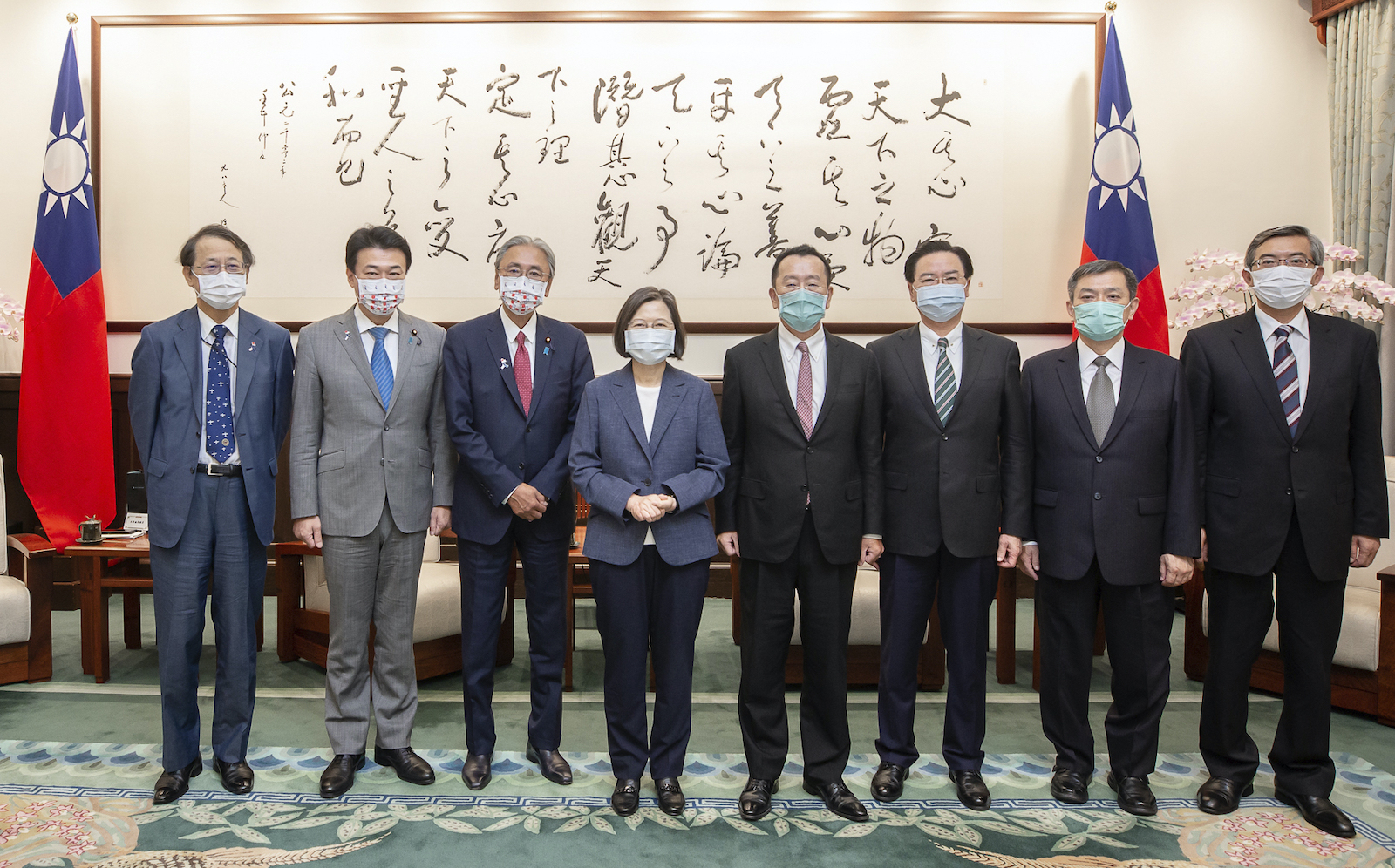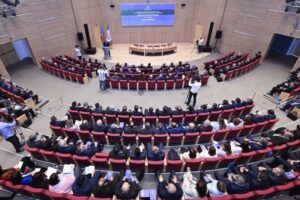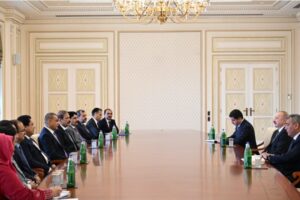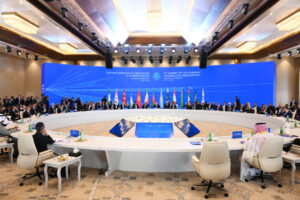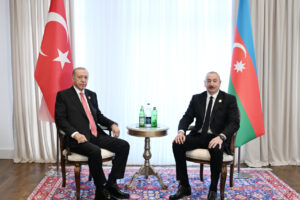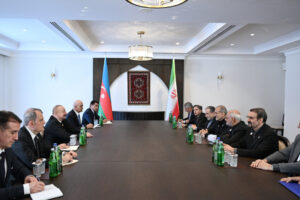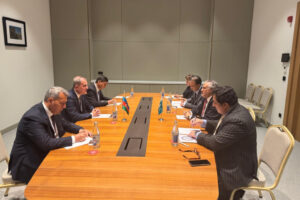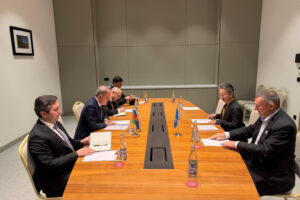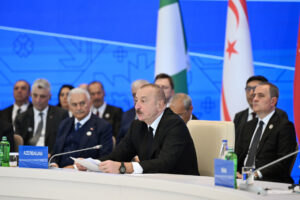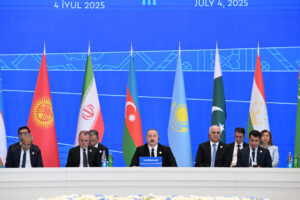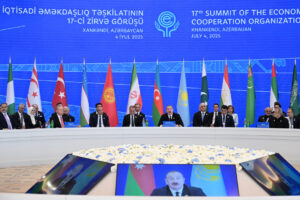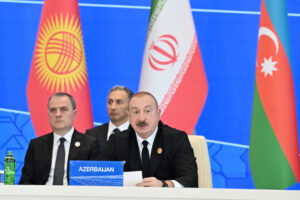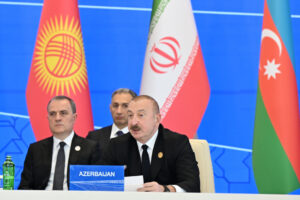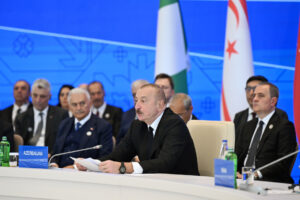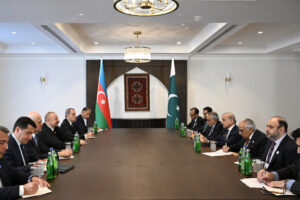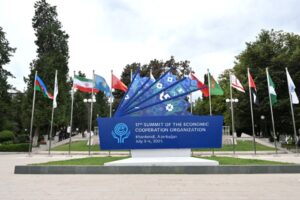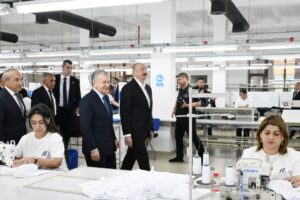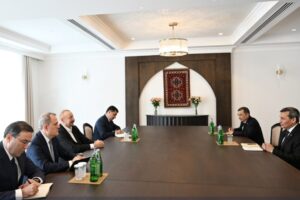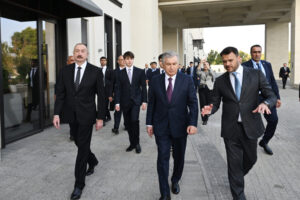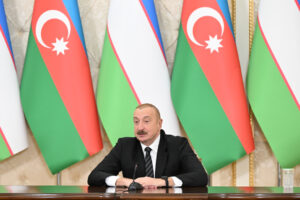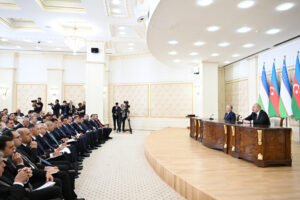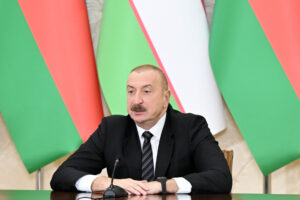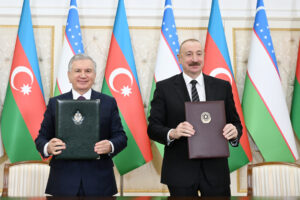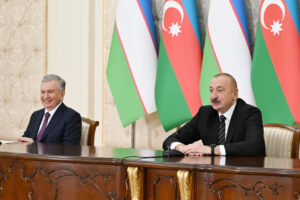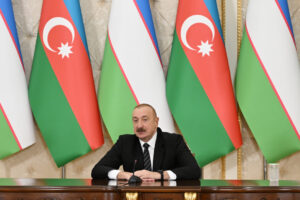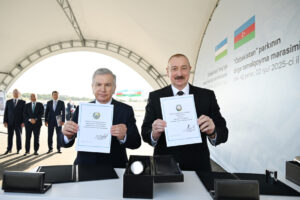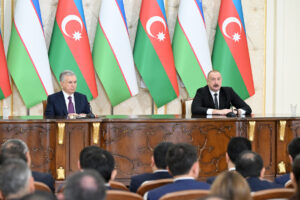Tokyo, 24 August, /AJMEDIA/
Taiwan President Tsai Ing-wen met with a delegation of Japanese lawmakers on Tuesday amid China’s assertive actions in the Asia-Pacific region.
In the meeting with Keiji Furuya, the head of a cross-party group of legislators seeking to strengthen Japan-Taiwan relations, Tsai expressed appreciation for late Japanese Prime Minister Shinzo Abe’s declaration that a Chinese attack on Taiwan would constitute an emergency for Tokyo and the Japan-U.S. alliance.
Tsai said the international community must work together to counter the expansion and provocations of authoritarianism.
“If Taiwan is under attack, it would pose a significant threat to the democratic system and the entire Indo-Pacific region,” Tsai said.
Tsai said as Taiwan and Japan are security partners that share the values of democracy and freedom, she hopes to see a continued deepening of cooperation to advance peace, stability, freedom and the prosperity of the region and the world.
The Japanese cross-party group, the Japan-ROC Diet Members’ Consultative Council, also known as Nikkakon, was advised by Abe before his death and has served as a conduit between Japan and Taiwan, which do not have diplomatic relations.
Commenting on China’s reaction following U.S. House Speaker Nancy Pelosi’s visit to Taiwan earlier this month, Furuya said the people of Taiwan and Japan found it unacceptable that China had launched ballistic missiles over Taiwan and into Japan’s exclusive economic zone.
While commending Tsai for her “calm and cautious” response to Chinese military intimidation, Furuya said Taiwan could work closely with Japan and the United States to deter China’s bid to change the status quo in the Taiwan Strait.
The visit is Furuya’s first to Taiwan since he attended a memorial service for late Taiwan President Lee Teng-hui in September 2020. The delegation is expected to visit Lee’s grave during its three-day visit.
Tensions between China and the United States have heightened since Pelosi became the highest-ranking U.S. official to visit Taiwan in more than two decades. Outraged, Beijing responded by conducting large-scale live-fire military drills surrounding Taiwan and suspending imports of Taiwanese agricultural products.
China and Taiwan have been governed separately since they split in 1949 as a result of a civil war. Since 1972, Tokyo has committed to a one-China policy under which it recognizes the communist leadership on the mainland as the “sole legal government of China.”
But Japan maintains substantive, though unofficial, exchanges with Taiwan. While trade remains a mainstay of the relationship, people-to-people exchanges continue to thrive.

